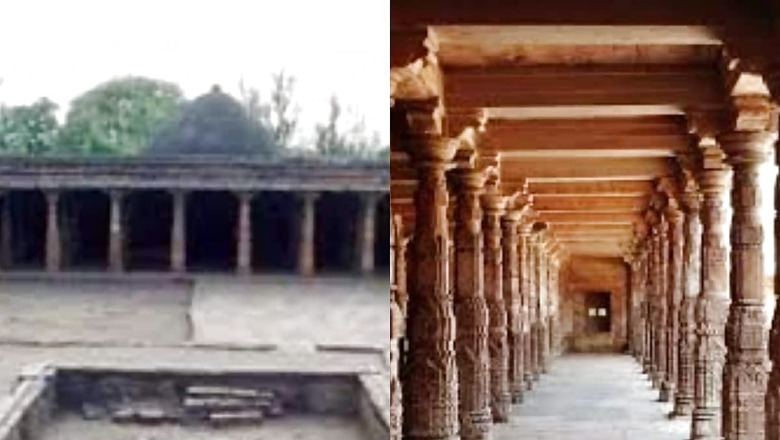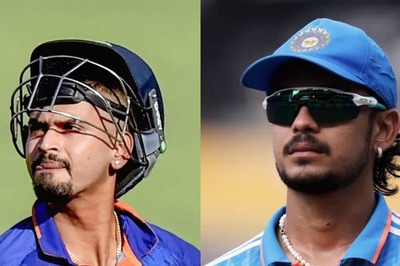
views
The Archaeological Survey of India (ASI) began its survey of the controversial Bhojshala-Kamal Maula Mosque complex situated in the tribal-dominated Dhar district in Madhya Pradesh from today, (Friday, March 22). The ASI team, comprising more than a dozen members, reached the complex Friday morning. The team was accompanied by senior local police and district administration officials.
This came after Madhya Pradesh High Court’s March 11 order directing ASI to carry out within six weeks a “scientific survey” of the Bhojshala complex– a medieval-era monument that Hindus believe is a temple of Goddess Vagdevi (Saraswati) and the Muslim community calls Kamal Maula Mosque. The court observed that the nature and character of the complex need to be “demystified and freed from the shackles of confusion”.
Seeking a stay on the ASI survey, the Muslim side approached the Supreme Court on Friday. The apex court, however, rejected the plea.
What is the Bhojshala Controversy?
Bhojshala is the latest disputed temple-mosque site to come under ASI’s lens after Varanasi’s Gyanvapi mosque. Various right-wing groups in the state have been seeking the closure of the mosque, a ban on Friday namaz in the complex and the installation of a Saraswati idol there since the early 2000s.
In April 2003, the ASI had arranged to find a solution by allowing Hindus to worship inside the Bhojshala complex every Tuesday, while Muslims are allowed to offer namaz at the site on Fridays.
However, in May 2022, the Hindu Front for Justice filed a PIL challenging the ASI order which restricted daily worship at the Bhojshala for Hindus. The plea claimed that the former rulers of Dhar had installed the statue of goddess Saraswati in the complex in 1034 AD, which was taken to London by the British in 1857.
Origin of Dispute
At the centre of Dhar city, there is the tomb of Kamal al-Din, a Chishti saint and follower of Farid-al Din Ganj-i-Shakar and Nizam al-Din Auliya, which was built adjacent to a spacious hypostyle mosque “built primarily of reused temple parts”, according to a report by The Indian Express.
Until April 2003, Hindus were permitted to enter the complex only on the day of Basant Panchami, while Muslims were allowed to offer namaz inside the structure for two hours on Friday.
However, right before the 2003 Assembly elections, the BJP government in the state, with ASI’s approval, reopened the complex for Hindus on Tuesdays and Basant Panchami. However, the order became problematic when Basant Panchami fell on Fridays in 2006, 2013 and 2016, leading to further disputes.
Now, the right-wing groups are claiming that the complex is a temple dedicated to the Goddess Vagdevi (Saraswati).
In its plea, the Hindu Front for Justice argued that the mosque was constructed during the reign of Alauddin Khilji between the 13th and 14th centuries after “destroying and dismantling ancient structures of previously constructed Hindu temples”, the IE report said.
It also urged the court to direct the Centre to bring back the idol of Goddess Saraswati from the London Museum in the United Kingdom and re-establish it within the Bhojshala complex.

















Comments
0 comment